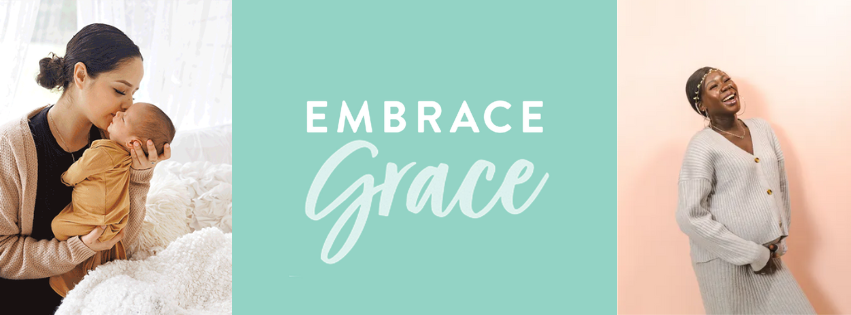6 Ways to Beat the Holiday Blues

“Tis the season to be jolly…..” or is it? While the holidays are traditionally thought of as a time for joy and contentment, for many people it’s a time when depression and anxiety can be at their highest. According to the National Institutes of Health, as many as 14% of Americans experience depressive episodes during the winter months. Here are a 6 ways to help beat the holiday blues.
- Avoid overscheduling – the holidays can be a very busy time, and when we become overscheduled, the result is fatigue which contributes to depression. Learn to say “no” to taking on too much during the holidays, and make sure to get adequate sleep and “down-time.”
- Exercise regularly – when the weather gets cold and the days are shorter, it’s easy to become less active. Try to get to the gym, go for a walk or run (bundle up if it’s cold!), or find other ways to get regular cardiovascular exercise. Even 10-15 minutes a day will boost endorphins and promote an overall sense of well-being.
- Take it easy with alcohol – holiday parties and family gatherings tend to include an increased alcohol intake for many people, but keep in mind that alcohol is a depressant. Healthline.com recommends limiting alcohol to 1-2 drinks at a holiday gathering.
- Connect with others – we need fellowship with others throughout the year, and during the holidays, that need is magnified. Whether it’s family, friends, a church group, or other support system, take the initiative to reach out to others and spend time together. Particularly if you’ve suffered a loss during the year, such as the death of a loved one or a break-up, it’s important to remember you are not alone.
- Volunteer or give back to the community – A wonderful way to shake the blues is to focus on the needs of others. Many charities have events and/or ways to volunteer during the holidays and by taking part, we become a part of something bigger than ourselves. And sometimes we make new friends in the process!
- Ask for help – If you are experiencing significant symptoms of depression such as prolonged inability to complete everyday tasks, excessive feelings of guilt or fear, or thoughts of self-harm and/or suicide, you are likely suffering more than just “holiday blues.” Don’t go through this alone. Reach out to a trusted friend to help you find support, or call 800-273-8255 to talk to someone right away.
AbbaCare is a pregnancy resource center serving Winchester Virginia, Martinsburg West Virginia, and the Northern Shenandoah Valley. If you or someone you know is facing an unplanned pregnancy, is considering abortion or other pregnancy options, or is in need of post-abortive care or counseling, please let us know by calling
540.665.9660 (Winchester) or
304.726.6582 (Martinsburg) or sending us a message.










